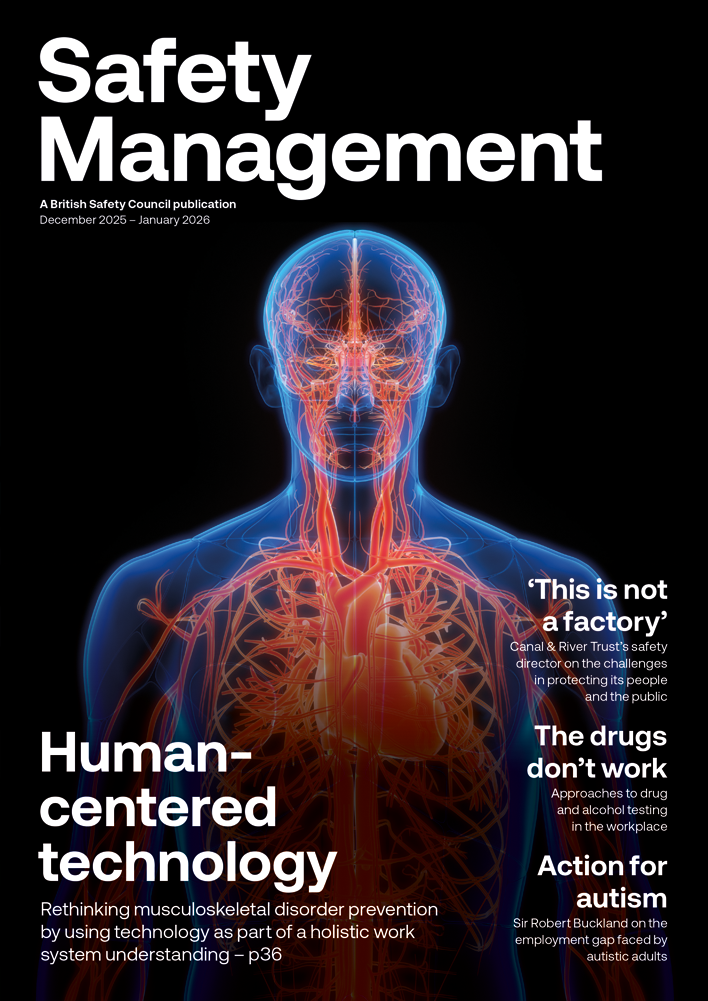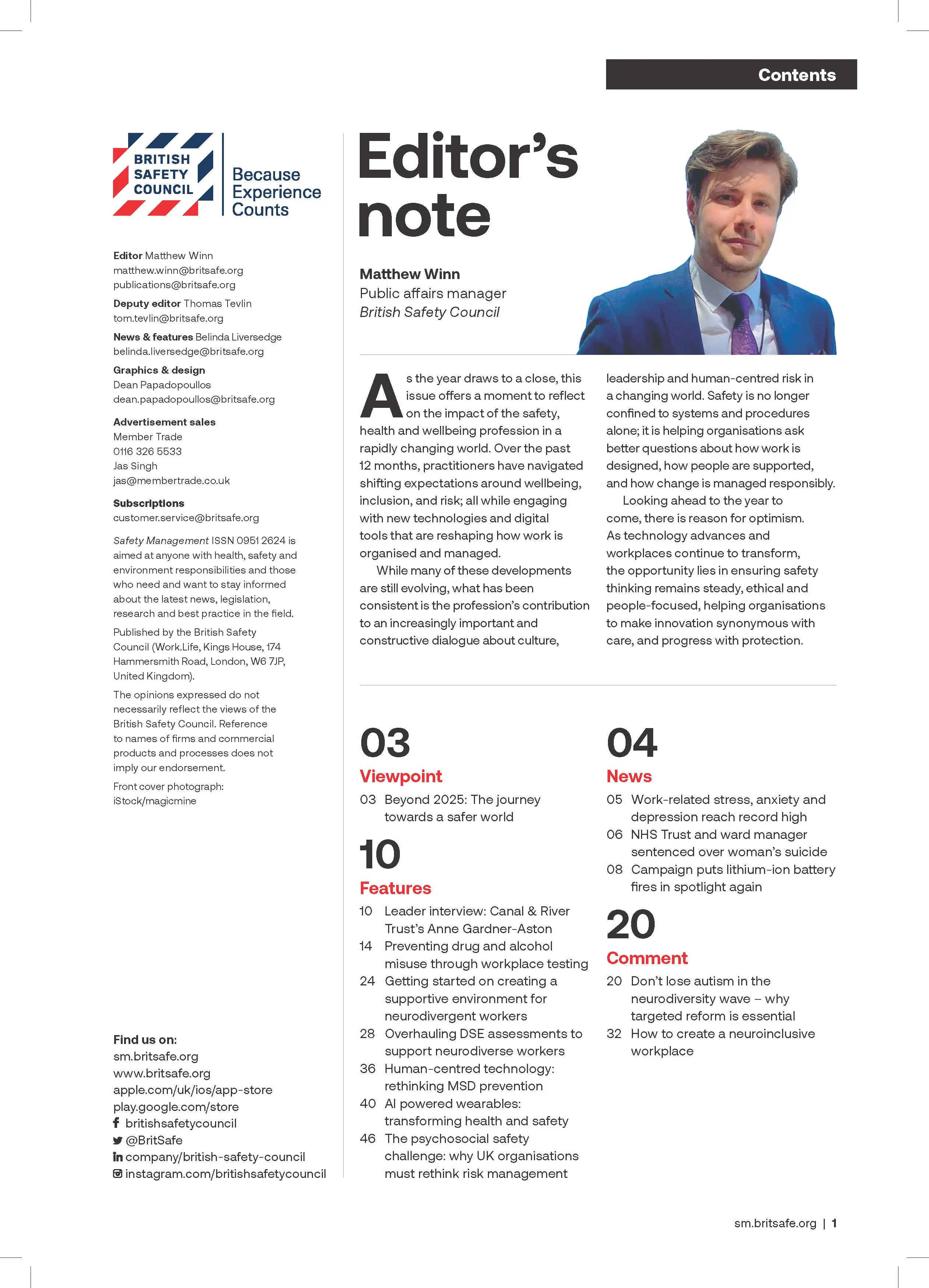Something I really miss these days is smiling. I don’t mean I never smile. Rather, it’s the interaction I miss. I smile at you. You smile at me. Our mood lifts. It’s a language everyone understands. Masks inevitably mute the process.
Opinion
Something to smile about
Someone who knew the power of a smile was Antoine de Saint-Exupéry. A journalist during the Spanish Civil War, one night he was captured by militia. Unable to produce identity papers, or speak the language, he believes it was bonding with his captors over a cigarette and a smile which eventually saved him. He called smiling a form of communication above all classes, parties and languages. Yet in the midst of this crisis, we have lost many such small daily gestures or acts of kindness which convey our common humanity.
But perhaps the toughest feature of the pandemic is how it has affected so many major, as well as minor, aspects of our lives all at once. Work, home, family, friends, money and health. The parts of our lives which can aid wellbeing when they are going well, or undermine it when they are not, have all been touched by this crisis.
Even before the pandemic, our world was one in which people felt increasingly worried and isolated. In How’s Life? 2020, the OECD reported that disturbing numbers of people across the globe experience more negative (than positive) feelings in a typical day. In Britain, generalised anxiety is rising, sharply among certain groups.
Now, this serious and prolonged uncertainty is eroding wellbeing further. In March this year, anxiety reached its highest level since the Office for National Statistics (ONS) started recording wellbeing in this country. While according to Mind, more than half of adults and over two thirds of young people found their mental health worsen during lockdown.
 Samantha Peters: A new approach to wellness may bloom
Samantha Peters: A new approach to wellness may bloom
Now I write, not knowing if there will be a second. Whether that happens or not, it may be a long time before we understand the full psychological impact of all this. However, there are clues. From analysing billions of tweets during lockdown, Twitter found that 33 per cent of those tweeting on the subject of mental health had never done so before, while people embraced a slower pace of life and communities came together. Drawing on lockdown diaries, BritainThinks has found evidence that we don’t want what we had before, that we want a more balanced life, more strongly connected to the communities we live in.
What these trends suggest is the possibility of some good emerging from this crisis. Just as it has undermined wellbeing, so it has heightened our awareness of its importance. Perhaps the pandemic will push wellness to the forefront of society in a way we never thought possible. A new approach may bloom.
At the British Safety Council, we believe it’s not enough that people are not injured or made unwell at work. We want it to be a place where wellbeing flourishes. Our new Being Well Together initiative, launching this month, is designed to help employers make that happen. Together with key partners, like Mates in Mind, we will be offering an extensive programme of advice and support to help employers improve the wellbeing of all their staff.
Saint-Exupéry also said that what is essential is invisible to the eye, that we only see rightly with the heart. Employee wellbeing, good or bad, isn’t always visible. It doesn’t appear on the balance sheet. But maybe it’s time it did. I don’t know how far public appetite for change will take us, but I’d like to imagine a world where, one day, employee wellbeing is given the greatest possible value and companies are rewarded for their contribution to the ‘well’ of common wellness.
Now that really would be something to smile about.
Samantha Peters is Chair of the Being Well Together Committee
OPINION

Alcohol – the negative impact on work and workplaces
By Dr Jamie O’Halloran, IPPR on 02 January 2026
New IPPR research shows that most employees expect their employer to play an active role in reducing alcohol harm. Senior staff, in particular, believe employers have an even greater responsibility. Yet in practice, many employees say they do not see their employer taking meaningful steps to minimise harm.

Beyond 2025: The journey towards a safer world
By Mike Robinson FCA, British Safety Council on 22 December 2025
As 2025 draws to a close, we reflect on a year of success and safety. It also allows us to look forward to the coming year, recognising that with each new year comes the unbridled hope and opportunity to create the safest year in human history for the workers of the world.

How to create a neuroinclusive workplace
By John Robinson, Schofield Sweeney on 09 December 2025
The modern workplace is a diverse environment. Most workforces will be made up of individuals representing the majority of the groups protected under the Equality Act 2010.



